BLOG
Categories
How In-Home Support Improves Behavioral Outcomes in Adopted Children: Key Benefits and Strategies
The Role of In-Home Support in Child Development
In-home support plays a crucial role in helping adopted children navigate their developmental challenges.
By offering a stable and nurturing environment, caregivers can address the unique needs of these children effectively.
Understanding Child Development Stages
Adopted children often have different developmental needs compared to their peers.
Understanding these stages helps caregivers tailor their support.
- Early Childhood (0-5 years): Focus on building trust and attachment. Consistent routines, warm interactions, and responsive care are critical.
- Middle Childhood (6-11 years): Encourage social skills and self-esteem. Support from caregivers can help foster a sense of belonging and competence.
- Adolescence (12-18 years): Address identity and independence. Providing guidance while respecting autonomy is key.
Consistent and nurturing care throughout these stages can significantly influence a child's emotional and social well-being.
Impact of Early Child Maltreatment
Children from foster care or the child welfare system may have experienced early maltreatment, affecting their development.
- Emotional disturbances can arise from inconsistent caregiving and traumatic experiences.
- Behavioral Issues: May include aggression or withdrawal. In-home support can help mitigate these challenges through therapeutic interventions and structured environments.
- Attachment Disorders: Difficulty forming bonds. Consistent, loving care can promote secure attachment and emotional healing.
- Frequent assessments and tailored strategies can help address the negative effects of early neglect or abuse.
Supportive in-home environments can foster resilience and enable positive growth in adopted children.
Optimizing Mental Health Services for Adopted Children
Adopted children often face unique challenges that can impact their mental health and social development.
Improving mental health services for these children involves careful assessment, effective community-based programs, and adequate funding.
Assessment and Incorporation of Mental Health Services
When assessing adopted children's mental health needs, it's crucial to consider their past experiences and current challenges.
Standardized evaluation tools can help pinpoint specific concerns, such as anxiety, depression, or behavioral issues.
Once assessed, children require personalized care plans.
You should work with a team of professionals, including therapists, educators, and social workers, to integrate mental health services effectively.
By incorporating family-focused interventions, you increase the likelihood of positive outcomes.
Federal Medicaid funds can support these services, making them more accessible to families and helping bridge any financial gaps.
Efficacy of Community-Based Mental Health Services
Community-based mental health services play a vital role in supporting adopted children.
These services provide a stable environment where children can access therapy, peer support, and recreational activities tailored to their needs.
The involvement of the local community helps in creating a network of support.
Such services must be adaptable and sensitive to the cultural backgrounds of children and their families.
Trained professionals in community settings can offer mental health care that respects and incorporates the unique histories of adopted children.
With the proper implementation, these services can significantly strengthen social development and overall well-being.
Strategies for Enhancing Social Development
Enhancing social development in adopted children can greatly improve their behavioral outcomes.
Creating opportunities for positive interactions and fostering strong sibling relationships are essential strategies to nurture their social skills and emotional well-being.
Building Positive Interactions and Social Skills
Focus on setting up routines where your child engages with others in a supportive environment.
Playdates, group activities, and family gatherings are perfect for practicing and refining social skills.
Encourage your child to express their thoughts and feelings openly.
Use role-playing games to illustrate how to navigate social situations. Praise your child for effective communication and empathizing with others.
Interactive activities like board games or team sports can teach sharing, communication, and teamwork.
These experiences build a foundation of trust and cooperation, helping your child become more comfortable in various social settings.
Facilitating Strong Sibling Relationships
Encourage open communication among siblings to nurture understanding and empathy.
Helping adopted children form bonds with their siblings can provide critical emotional support and stability.
Plan activities that siblings can enjoy together, such as family board games or outdoor adventures.
Celebrate teamwork and shared successes to strengthen their connection.
Teach siblings to recognize and appreciate each other's differences and unique strengths.
Provide guidance on conflict resolution skills to manage disagreements constructively.
Encourage siblings to become allies and champions for one another, fostering a family culture where every child feels valued and supported.
This nurturing environment can significantly enhance the social development of adopted children.
Understanding and Mitigating Parenting Stress

Parenting stress can significantly impact the emotional and behavioral outcomes for adopted children.
Recognizing this stress and effectively using in-home support programs can make a meaningful difference.
Implications of Parenting Stress in Adoptive Parents
Adoptive parents often face unique challenges that can lead to increased stress.
This stress might stem from difficulties in bonding with the child, managing complex adoption-related issues, or dealing with a child’s past trauma.
Stress in adoptive parents can affect their mental health and family well-being.
Maintaining a supportive family environment becomes challenging when stress levels are high.
To help manage this stress, parents might benefit from therapy, support groups, or educational workshops.
These resources can enhance parental resilience and improve coping strategies.
By addressing parenting stress, you can foster a healthier relationship with your adoptive child.
Compliance with In-Home Support Programs
In-home support services are essential tools for adoptive families dealing with parenting stress.
Programs might include counseling, parenting classes, or home visits by professionals who provide personalized guidance and assistance.
Staying committed to these programs ensures that you can fully benefit from the support offered.
Consistent participation in these programs can improve understanding of your child’s unique needs.
They offer strategies to reduce stress, promote positive interactions, and enhance emotional bonds.
By actively engaging in these services, you can create a stable, nurturing home environment that supports your child's growth and well-being.
Frequently Asked Questions

Adopted children often face unique challenges, but with the right support, their behavioral outcomes can improve.
Understanding child development, creating a sense of belonging, and directly addressing behavioral issues are key strategies for successful adoption.
What strategies can support attachment building with an adopted child?
To strengthen attachment, spend quality time together.
Engage in fun and meaningful activities that foster trust and security. Consistency and routines are also important, as they provide a reliable environment where an adopted child can feel safe and cared for.
Why is comprehension of child development vital for caregivers of adopted children?
Knowing how children grow and learn helps you meet their needs effectively.
You can tailor your approach based on their developmental stage, ensuring they get the necessary emotional and social support.
This understanding aids in handling any challenges that arise.
How can parents create a feeling of belonging for their adopted child?
Creating a nurturing home is key.
Include the child's personal history and celebrate their background. Show interest in their culture and traditions.
Open conversations and active listening can also reinforce their sense of belonging to the family.
What are common behavioral challenges faced by adopted children?
Adopted children may exhibit behaviors linked to past trauma, such as anxiety, difficulty with peer relationships, or trust issues.
Recognizing these behaviors as signals of deeper needs can guide effective support and interventions, helping the child adjust better.
How does in-home support contribute to positive behavioral development in adopted children?
In-home support provides personalized strategies to manage behavior in familiar settings.
Professionals can offer guidance to both the child and parents, creating effective methods for improving social skills, emotional regulation, and coping strategies within the home environment.
What role do parents play in addressing and managing behavioral issues in adopted children?
Parents are crucial in providing consistent, empathetic care. They should actively engage in their child's life, offer praise for achievements, and set clear boundaries.
Working closely with professionals to implement suggested practices can make a significant difference.
RECENT POSTS
Bringing and keeping families together!










